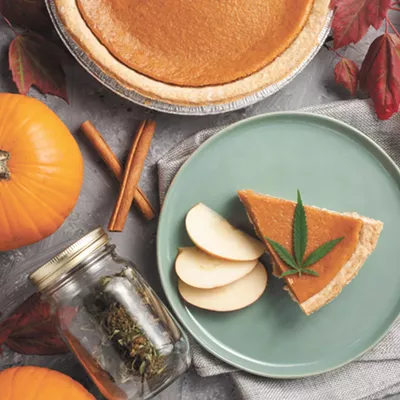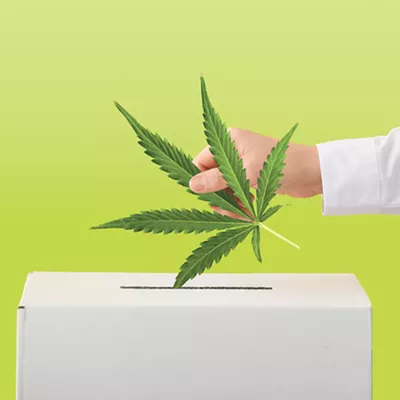A recent study shows a dramatic increase in emergency room trips by older adults who use cannabis.
The study, from researchers at the University of California San Diego School of Medicine and published earlier this month in the Journal of the American Geriatrics Society, looked at all cannabis-related emergency room visits in California by adults age 65 and over from 2005 through 2019. It found such visits to the ER increased from 20.7 per 100,000 visits in 2005 to 395 per 100,000 visits in 2019, a 1,804 percent increase over that time. In raw numbers, there were just 366 such trips in 2005, compared with over 12,000 in 2019.
Reasons for these emergency room visits include but are not limited to injuries sustained while intoxicated, negative interaction with a prescription medication, pre-existing condition and acute mental health issues.
There are a number of factors contributing to the sharp increase in cannabis-related emergency room trips.
Cannabis use among older adults has been on the rise for decades, and stigma around its use has been declining as legalization has expanded in recent years. Though, notably, the researchers did not find any correlation between the availability of recreational cannabis and the rise in emergency room visits — their findings saw the increase level off in the wake of California legalizing recreational cannabis.
For those elderly users who may have consumed cannabis when they were younger, the effects of today's product can be unrecognizable. A 2020 study from the University of Bath in England found that THC concentrations in recreational cannabis had risen precipitously between 1970 to 2017.
"I do see a lot of older adults who are overly confident, saying they know how to handle it — yet as they have gotten older, their bodies are more sensitive, and the concentrations are very different from what they may have tried when they were younger," Benjamin Han, the study's lead researcher, told UC San Diego Today.
There has also been an increase in use of cannabis as an alternative medical treatment, and the authors note that many older adults view the risks of cannabis use as less serious than that of prescription drugs. The study notes that many traditional medical screenings lump cannabis use in with that of illicit drugs like cocaine, which can lead to dishonest responses about cannabis consumption. The authors call for more honest and frank discussions about cannabis use in traditional medical settings.
"Asking about cannabis use and providing education about its use should be a part of routine medical care for older adults," the study concludes. ♦



















